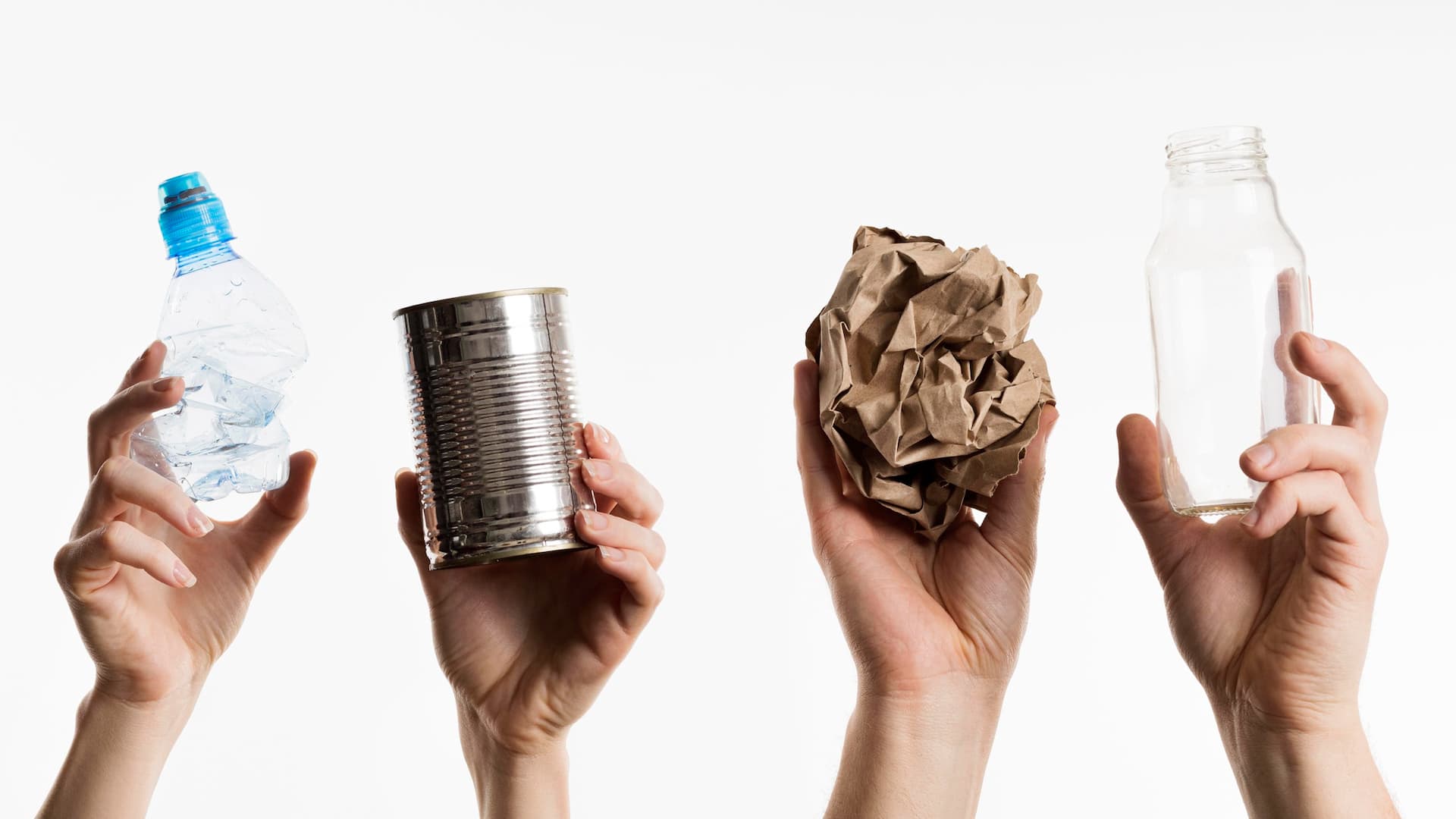
Why do we need to recycle?
All of us have a responsibility to protect the environment and minimize the amount of waste, thus helping natural habitats and resources to grow. If we do so, we can limit climate change, making our planet a better place.
We already mentioned some ideas on how to reduce your ecological footprint and protect the planet, check out our related articles:
A summary:
- Buy fewer unnecessary items!
- Do not buy unrecyclable goods!
- Collect garbage selectively!
- Shop in zero-waste shops!
- Fix, and do not buy a new item!
- Purchase second-hand goods!
- Do CSR events!
- Plug off!
- Eat less meat or eliminate animal products from your diet completely!
- Use car-sharing!
- Use rainwater!
If you recycle and follow the above-mentioned tips, you might find yourself not only saving the Earth, but saving money too.
What are the benefits of recycling?
Besides the ecological benefits, recycling offers a wide variety of social and economic advantages. Here are some of the most consequential benefits of recycling technologies.
- Recycling creates jobs in several industries which can lead to a positive multiplier effect and increase economic growth.
- Recycling provides nations with a domestic source of materials. It can increase economic security and reduce the import dependency ratio.
- By utilizing recycled goods, energy consumption can be drastically reduced.
- Precious resource conservation is among the greatest benefits of recycling.
- A study conducted by the United States Environmental Protection Agency in 2016 found that reuse activities in the USA accounted for 5.5 billion USD in tax revenues, 37.8 billion USD in wages, and 681000 jobs.
What can be recycled?

Mainly plastic bottles, cans, paper, glass, and cardboard are recyclable. Food and beverage containers and cans are 100% ready to recycle, but there are some rules too.
- Dry the containers!
- Flatten the cardboard!
- Squeeze the plastic bottles!
- Do not bag your recyclables, it prevents the recycling process to be the most effective.
- You should rather reuse plastic bags than recycle them. Bring your plastic bag with you for shopping!
These things are mostly made of one material, making them easier to recycle, so you can collect them curbside.
But most of the commercial items are not only made of one material, so you need to check for a local waste collection program, retailer, or scrap recycler.
The curbside recycling program is a crucial element of modern waste management systems. There are countless items that can be reused throughout the curbside recycling program.
- Aluminium cans
- Cardboard
- Glass items
- Jars
- Metal containers
- Mixed paper
- Paper (leaflets, newspapers, magazines, coupons, books)
- Rigid plastic items
- Steel cans
- Tin cans
What should you not recycle?
Of course, there are a lot of things you should not recycle.
- If your cup has a plastic coating, it is not be recyclable. Get a reusable cup to drink your daily coffee!
- Polystyrene foam plastic boxes are not recyclable either. Have your food container!
- Medical waste is dangerous, thus cannot be reused.
- Do not put dirty diapers next to reusable goods, because it will turn the whole trash can into… unrecyclable trash!
- Car parts, tires, metals, batteries, cables: any electronic device or garage waste should not be in your curbside bin!
